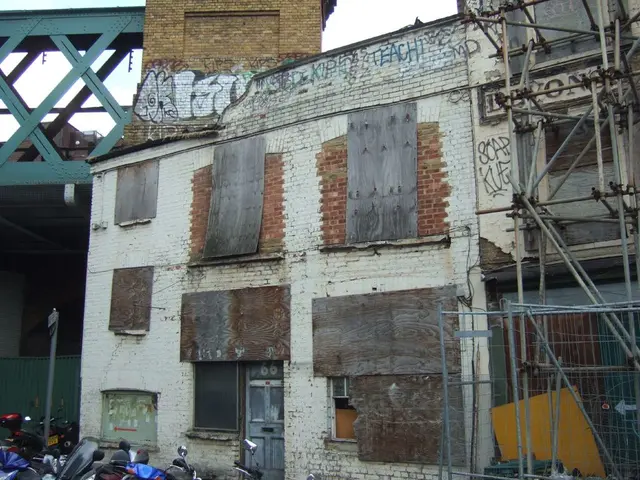Editorial Correspondence: California Cannot Tolerate Regression in Air Quality Regulations
Open Letter to the Editor:
Grew up in the smoggiest Pasadena of the '50s, where the San Gabriel Mountains were often obscured and our summer swims left us gasping for breath. Hell, our college football team couldn't even practice on smoggy days! Fast-forward to today, with California's strict eco-policies, the air's cleared, skies are blue, and we can see the bloody mountains from Pasadena. Bloody fantastic, if you ask me. So, I'm pissed as a bearsun about that House vote to restrict California's transition to electric vehicles by 2035 ("Fate of California's auto standards..." May 1).
California's got a rich history of choking smog, so it's bloody appropriate that we've had the guts to set stricter air standards than federal limits. And, guess who's been following suit? More than a dozen states like New York, Colorado, Massachusetts, Washington, and Oregon are on board, for crissakes! Gov. Gavin Newsom rightly says, "Our vehicles program helps clean the air for all Californians, and we'll keep fighting for it." Amen, brother!
Jill Anderson, Pismo Beach
Dear Editor,
Been a public transport crusader in LA for aeons, serving as a Metro governing official for 11 years. Guess who's been on the bus for more than two decades? Yup, this granny here. But now, docs tell me I've got poor lung capacity, and I need daily steroids with emergency inhalers for bus fume-breathing-related issues. Those who'd weaken or remove the regs decreasing those exhaust fumes must bloody realize they're breathing in 'em every time they step outside, right? My condition happened during California's Clean Air Act waiver days. Bloody hell, I shudder to think how many more will suffer like me if that waiver weakens!
Kymberleigh Richards, Van Nuys
Additional Reading
- Voices ### Letters to the Editor: Our father helped create Target. Its rollback of DEI programs is a betrayal
- Voices ### Letters to the Editor: Possible approval of church-run schools to be publicly funded opens a 'Pandora's box'
Background:
Pasadena's air pollution in the past was mainly due to industrial and transportation factors, worsened by wildfires and natural disasters. This poor air quality resulted in various health impacts, including respiratory issues, heart attacks, strokes, lung cancer, and cognitive impairment. Environmental effects included exacerbated climate change and reduced visibility.
California's anti-pollution measures have addressed these issues with regulatory policies, clean energy initiatives, and transportation improvements. While improvements have been made, ongoing challenges persist, particularly with ozone and particulate matter pollution in areas like Los Angeles-Long Beach. Climate change exacerbates air quality issues by increasing temperatures and promoting conditions that lead to ozone formation and wildfires.
- Jill Anderson from Pismo Beach expresses her disappointment over the House vote that aims to limit California's transition to electric vehicles by 2035, as she reminisces about the smoggy Pasadena of the '50s and appreciates California's stricter air standards.
- Kymberleigh Richards, a Metro governing official for 11 years from Van Nuys, shares her concern about the potential weakening of regulations that decrease bus exhaust fumes, citing her personal struggle with poor lung capacity due to bus fume-related issues during California's Clean Air Act waiver days.
- The anti-pollution measures in California have been successful in reducing air pollution from industrial and transportation sources, wildfires, and natural disasters, significantly improving the health of its residents and the overall environment.
- While there has been progress in addressing air quality issues in California, ongoing challenges persist, particularly in relation to ozone and particulate matter pollution in areas like Los Angeles-Long Beach.
- Climate change exacerbates air quality issues by increasing temperatures and promoting conditions that contribute to ozone formation and wildfires.
- In light of these concerns, sustained efforts in clean energy initiatives, transportation improvements, and regulatory policies are essential to combat air pollution and combat climate change in California.







